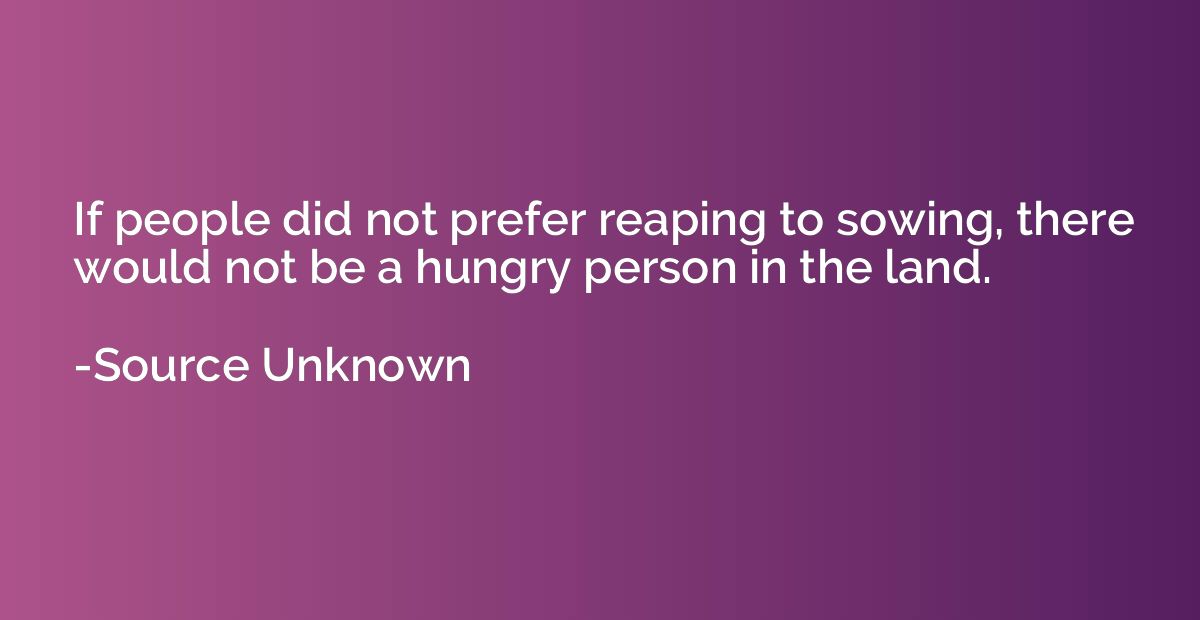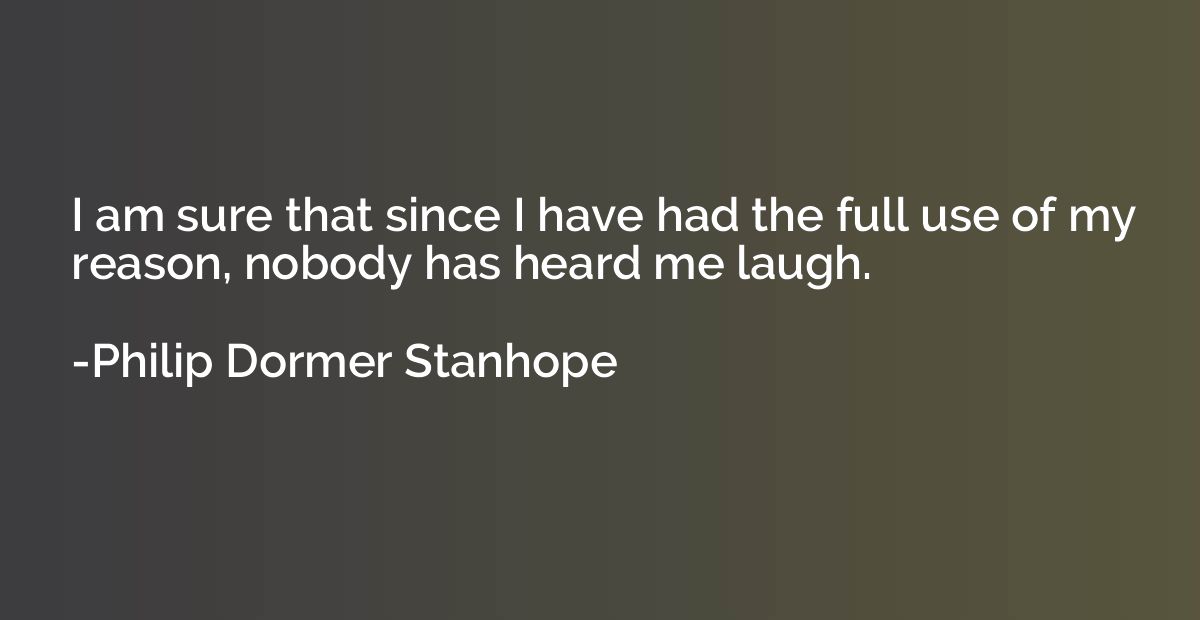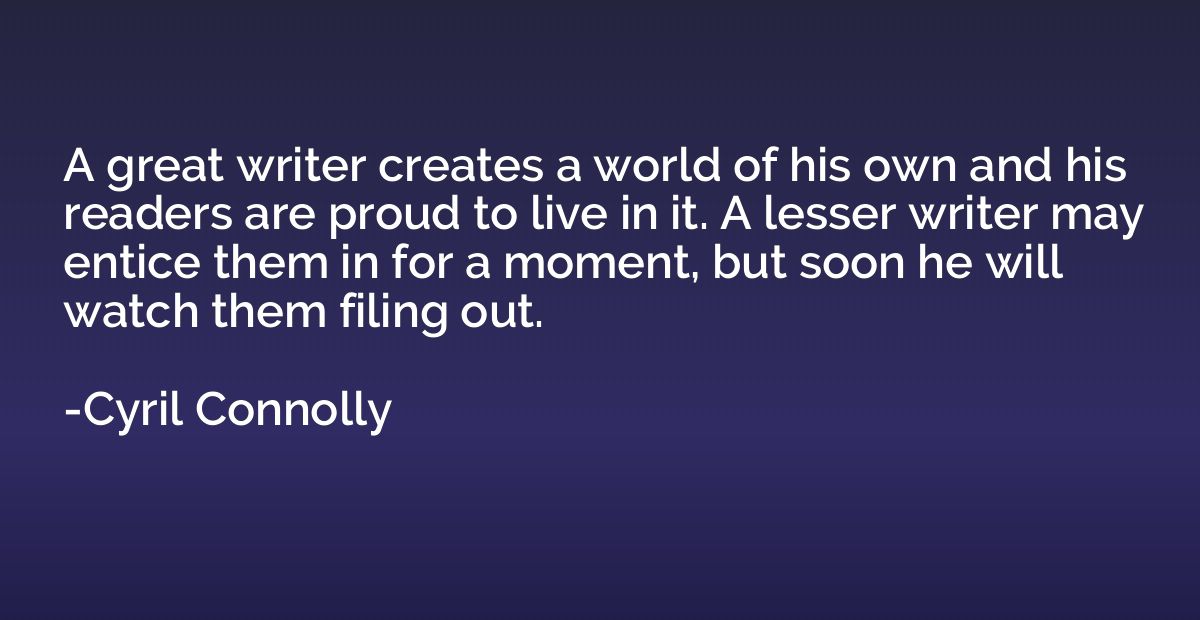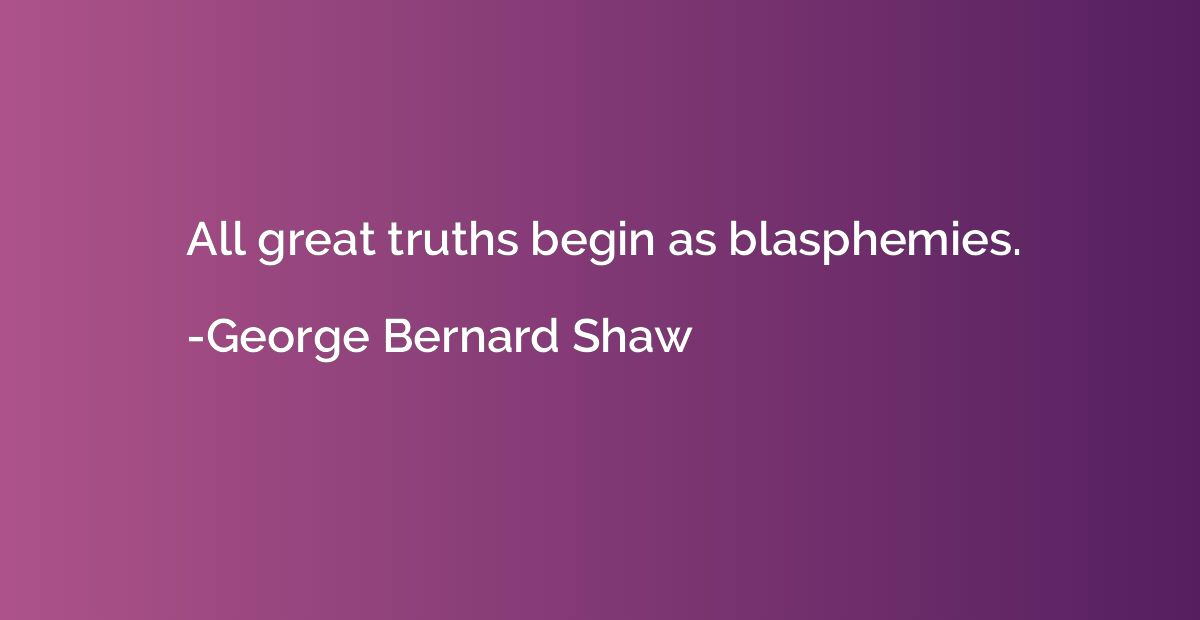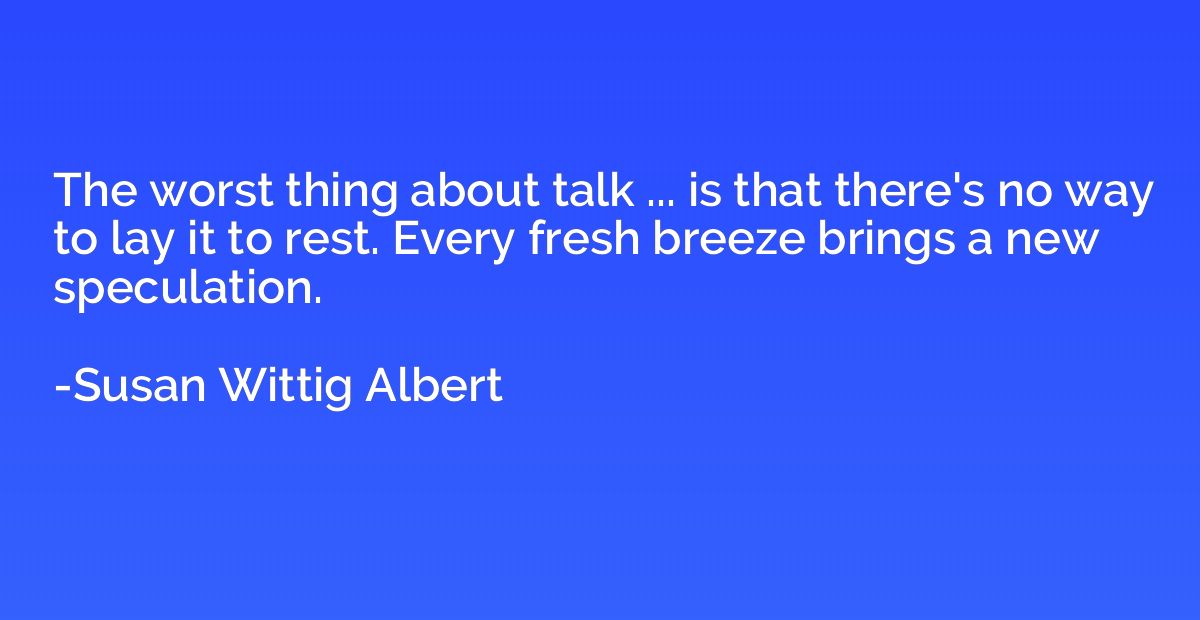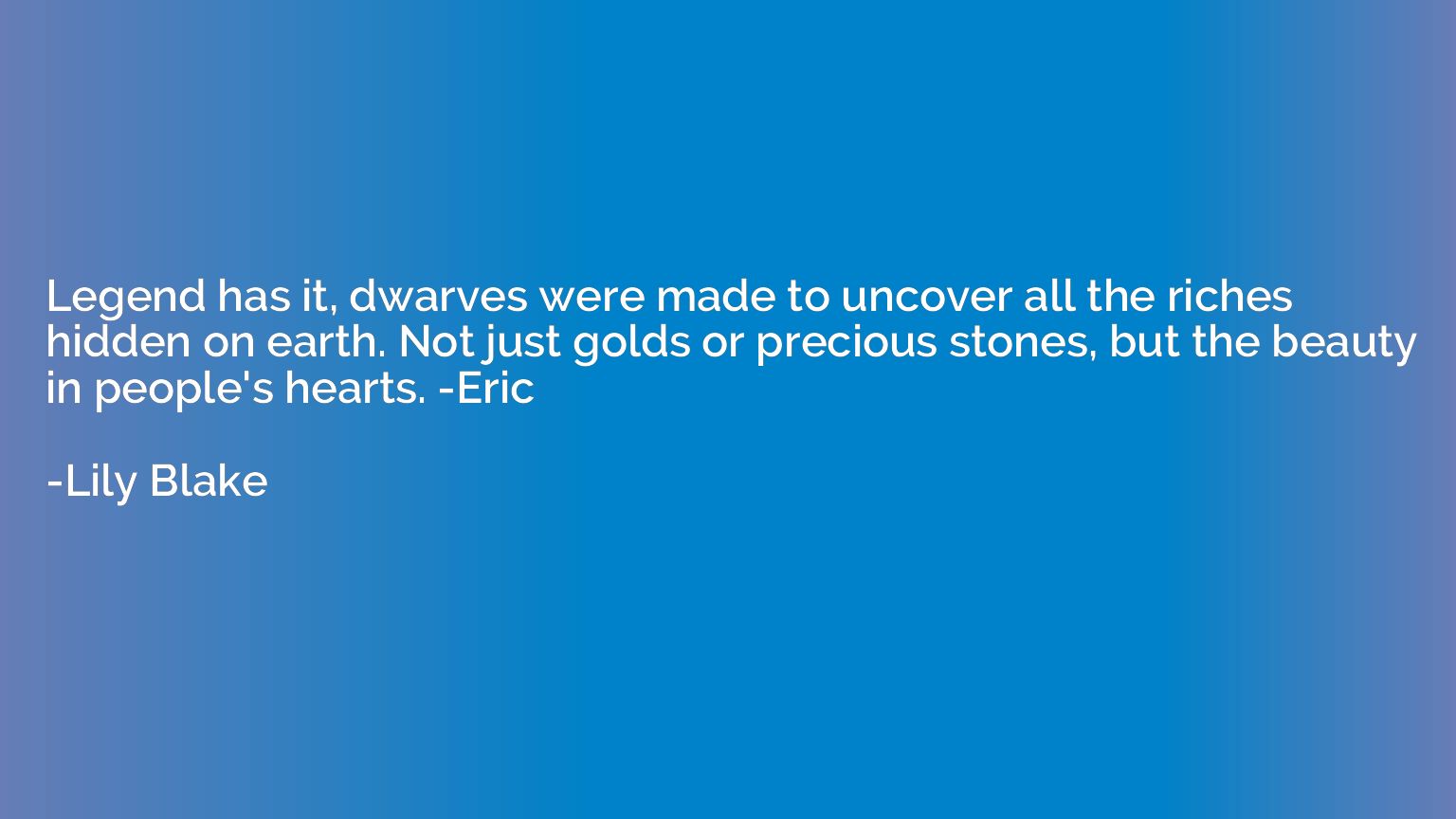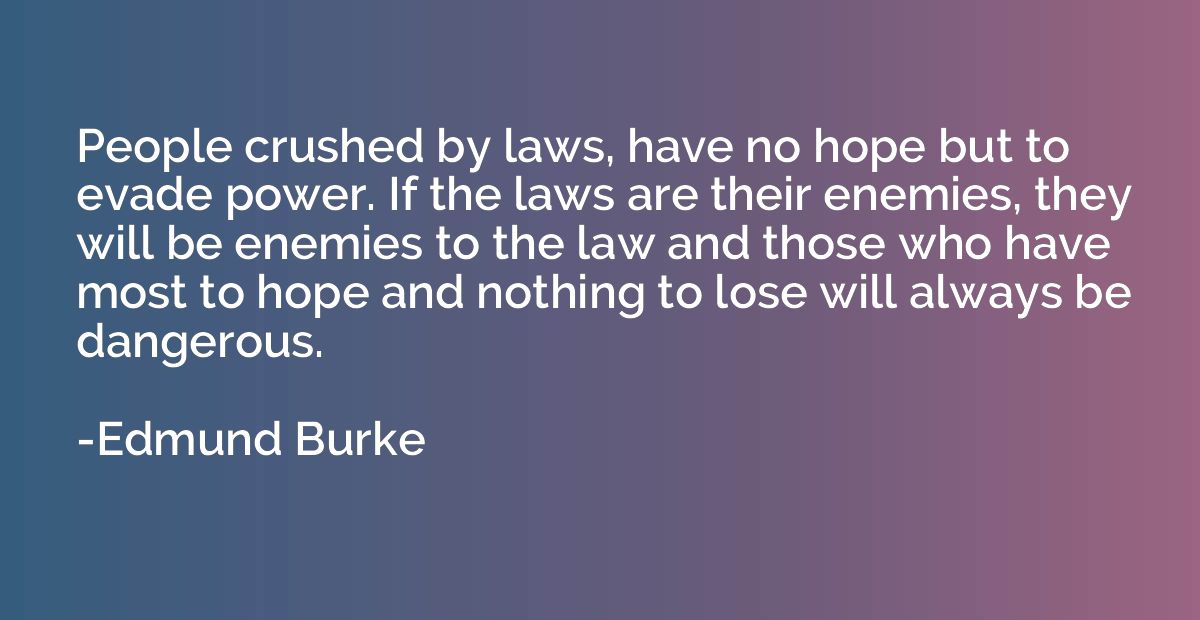Quote by Bertrand Russell
He asked my religion and I replied agnostic. He asked how to spell it, and remarked with a sigh: Well, there are many religions, but I suppose they all worship the same God.
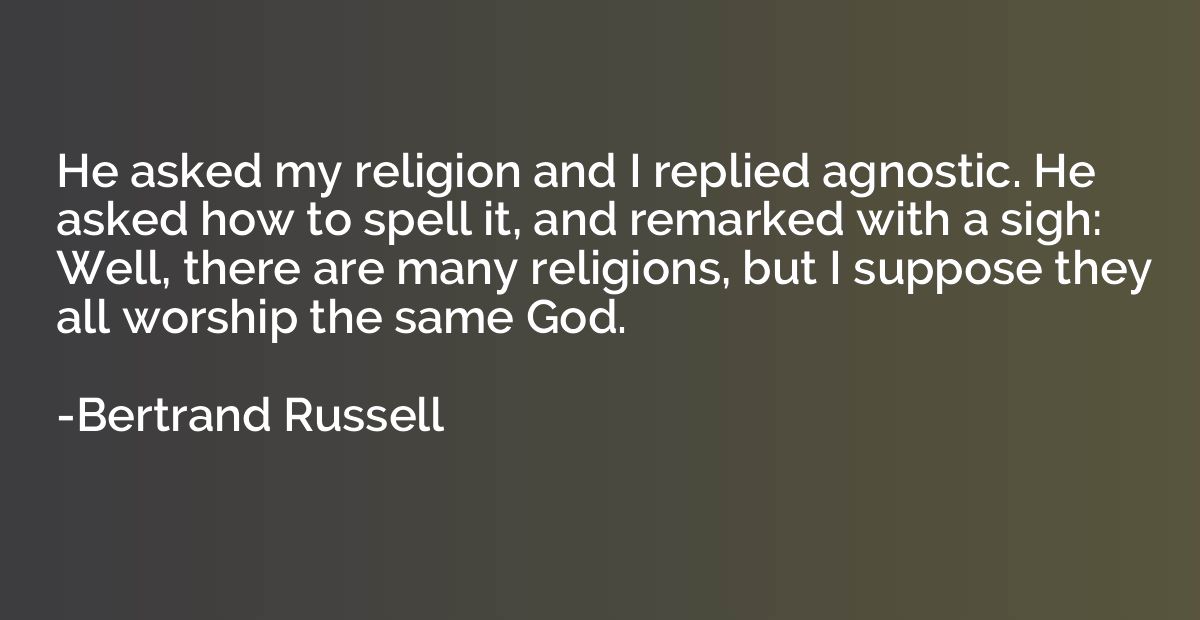
Summary
This quote conveys the ideas of religious tolerance and the possibility of a common divine entity. The speaker identifies themselves as agnostic and when asked how to spell it, the person responds by suggesting that all religions likely worship the same God. The quote implies a belief in the inherent interconnectedness of different religious beliefs, highlighting the idea that despite diverse approaches to spirituality, there is a unifying force or universal understanding of a higher power that many seek to connect with.




